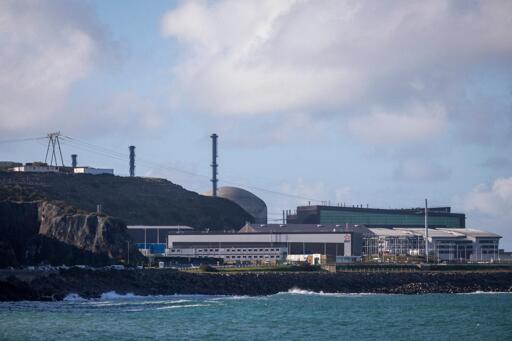Summary
France’s Flamanville 3 nuclear reactor, its most powerful at 1,600 MW, was connected to the grid on December 21 after 17 years of construction plagued by delays and budget overruns.
The European Pressurized Reactor (EPR), designed to boost nuclear energy post-Chernobyl, is 12 years behind schedule and cost €13.2 billion, quadruple initial estimates.
President Macron hailed the launch as a key step for low-carbon energy and energy security.
Nuclear power, which supplies 60% of France’s electricity, is central to Macron’s plan for a “nuclear renaissance.”



It’s not necessarily an either-or situation, but when it comes to allocating public budgets, one can certainly come at the cost of the other.
This is generally what people talk about when advocating focus on renewables over nuclear.
I personally have no problem with privately funded and insured nuclear - if you’re able to swing that, then all the power in the world to you. The issue at hand is that nuclear fundamentally fails here - it’s too expensive to build and insure (not to mention the energy it produces being more expensive than its alternatives), hence public funding and insurance is essentially a prerequisite.
There are other considerations too, like diversification, nuclear know how, load vs on-demand, local geoeconomics, etc